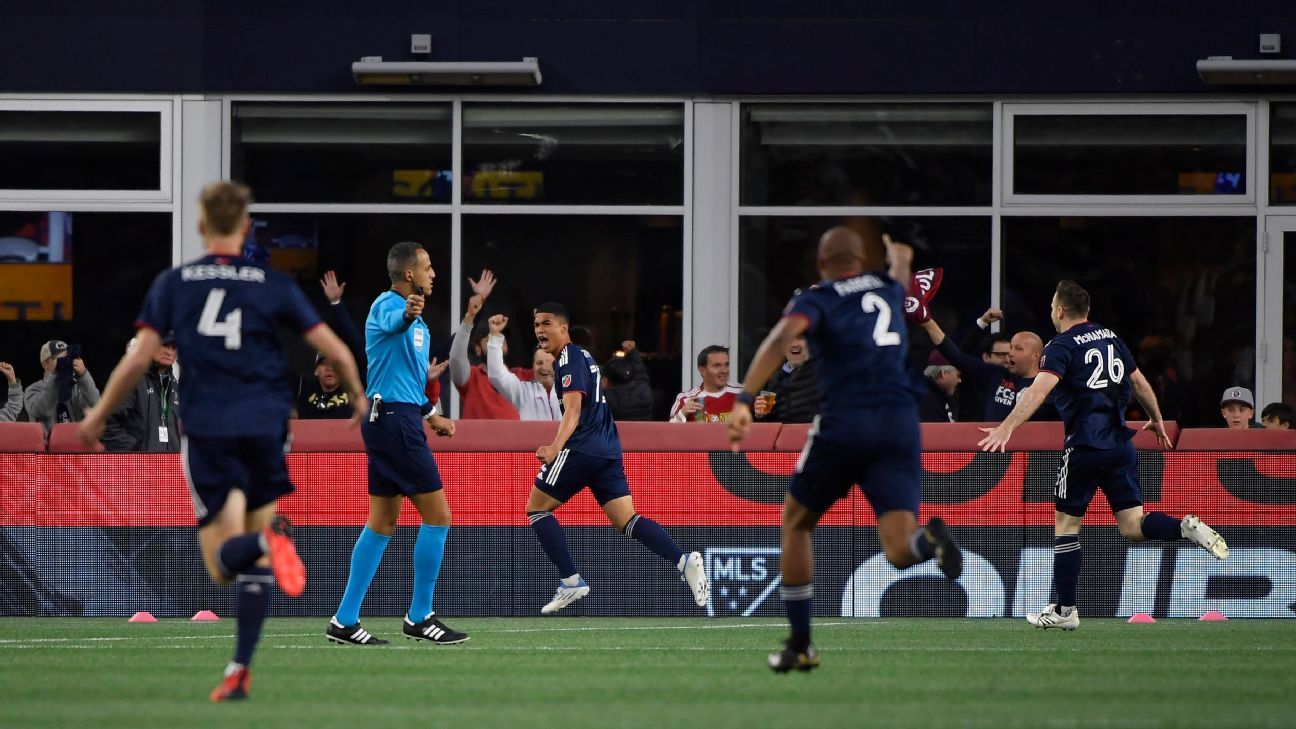San Diego awarded MLS expansion team. What about Sacramento?
Republic FC CEO and Chairman Kevin Nagle, left, flanked by Mayor Darrell Steinberg, center, speaks during a press conference outside City Hall on May 15, 2017 in Sacramento.
Major League Soccer this week is expected to announce the addition of San Diego as an expansion team that will begin play in 2025, according to multiple reports.
The news comes as a blow to the MLS aspirations of Sacramento Republic FC, which will have to wait until America’s top soccer league expands beyond 30 teams.
Sacramento, behind Republic FC owner Kevin Nagle, was among the candidates for MLS’ latest expansion bid along with San Diego and Las Vegas. San Diego emerged as the top candidate in recent months behind Egyptian billionaire investor Mohamed Mansour.
Click to resize
The expansion fee is reportedly $500 million. The team will play in the recently constructed Snapdragon Stadium. The 35,000-seat venue opened in 2022 to host San Diego State football games along with home games for the National Women’s Soccer League’s San Diego Wave SC.
MLS commissioner Don Garber, Mansour and San Diego Mayor Todd Gloria are expected to formally announce the plan on Thursday. Nagle and other Republic FC officials have not commented on the latest development in the MLS expansion saga.
Nagle has led an effort to build a new stadium in the vacant Railyards north of downtown Sacramento and has said he expects to provide an update on that project in July. The plan announced in the spring of 2021 was to build a modern stadium whether Republic FC moved to MLS or remained in the second-tier United Soccer League.
The design of the stadium is expected to allow for expansion in case Sacramento makes the leap to MLS. The preliminary framework suggested the venue will have some 15,000 seats and be expandable to 25,000 or more. The initial plan included a new housing and entertainment district surrounding the stadium. The team currently plays in a temporary 10,000-seat stadium at Cal Expo roughly four miles northeast of downtown.
“Come July 1, I’m going to make a decision about what direction we’re going,” Nagle told The Sacramento Bee earlier this spring. “If MLS is part of that equation, I’ll be excited. If it’s not, if there’s not any decisions in and around that time, we’re going to continue. We’re going to start to move on a stadium.
“So I feel really pretty good about where we are at this particular point. … But we just can’t afford to wait much longer because we’re missing opportunities on a much larger stadium with a bunch of other events that really help us and the community and the region. That’s the excitement of why we need to get a stadium built.”
The plan for the Sacramento stadium would be to host non-soccer events, including concerts and college and high school football games, in addition to Republic FC matches.
Sacramento was previously awarded an MLS expansion franchise in October 2019, but that plan fell through when billionaire investor Ron Burkle backed out in February 2021, citing business concerns resulting from the pandemic. That plan had Sacramento beginning MLS play in 2022 with the possibility of starting an NWSL team as well. The framework for a stadium deal that was tied to the MLS expansion, along with support from local government officials, remains in place, Republic FC has said.
The MLS fielded its 29th team earlier this spring when St. Louis City SC began play. Charlotte FC played its first game in 2022 and Inter Miami joined in 2020.
San Diego’s selection means Republic FC will have to wait longer to potentially join MLS. It also sets an expensive precedent should Sacramento remain a candidate if the league grows to 31 or 32 teams.
Nagle and his investors might have to top the $500 expansion fee for MLS to put a fifth team in California. That figure is more than three times higher than the expected cost of the Railyards stadium project, which was initially estimated at about $150 million. Charlotte FC’s expansion fee was $325 million. St. Louis paid $200 million, the same amount Sacramento expected to pay before its MLS deal failed in 2021.


